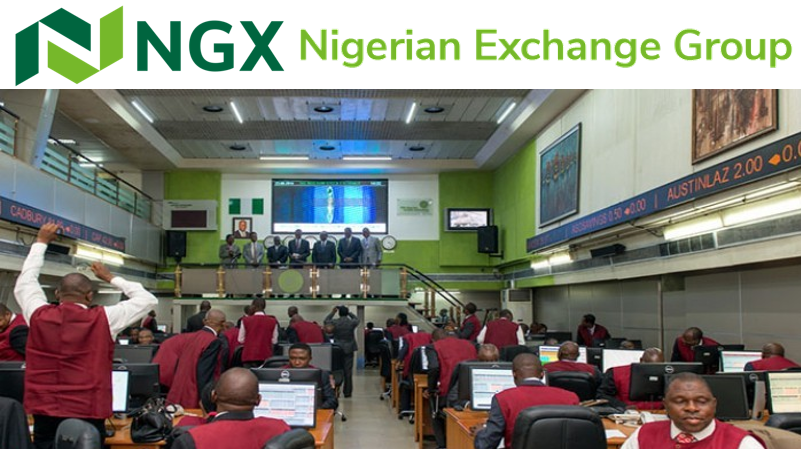
The Nigerian Exchange Limited (NGX) has recorded remarkable growth in 2024, with its market capitalisation surging by ₦18.2 trillion, reaching ₦59.107 trillion at the end of November.
This represents a 44.5 percent increase from ₦40.918 trillion at the start of the year, despite economic challenges and rising interest rates. The All-Share Index (ASI) also saw significant growth, climbing from 74,773.77 basis points in January to 97,506.87 basis points by November, marking a 30.4 percent increase.
A major driver of this growth has been the recapitalisation of banks and fresh listings by companies. Between January and November 2024, twenty companies, including ten financial institutions and two breweries, contributed ₦8.1 trillion to the market through various capital-raising initiatives. These efforts were propelled by the Central Bank of Nigeria’s (CBN) revised capital requirements for banks and the need for companies to strengthen their financial standing and expand operations.
Among the significant listings this year were Aradel Holdings Plc, which introduced shares worth ₦3.05 trillion, and Transcorp Power Plc, which listed ₦1.8 trillion in shares. Another notable listing was Haldane McCall Plc, which added 3.12 billion shares valued at ₦11.99 billion.
The brewery sector also played a vital role in capital raising. Nigerian Breweries Plc and International Breweries Plc were among the top non-financial contributors. Nigerian Breweries launched a ₦599.1 billion Rights Issue to deleverage its balance sheet, reduce foreign exchange liabilities, and improve its financial flexibility. International Breweries raised ₦588 billion through a Rights Issue that was oversubscribed by 87.75 percent, reflecting strong investor confidence.
Financial institutions made significant contributions as well. Guaranty Trust Holding Company Plc (GTCO) raised ₦400.5 billion by issuing nine billion shares. Access Holdings secured ₦351.01 billion through a Rights Issue, while Zenith Bank raised ₦289.38 billion. Other contributors included Fidelity Bank, which raised ₦127.10 billion, FCMB Group with ₦110.94 billion, and Sterling Financial Holdings, which garnered ₦130.79 billion.
This flurry of activity in the capital market can be traced back to the CBN’s revised capital thresholds introduced in April 2024. Under the new guidelines, commercial banks with international authorisation must meet a minimum capital requirement of ₦500 billion, while those with national and regional licenses must achieve thresholds of ₦200 billion and ₦50 billion, respectively. Non-interest banks face similar requirements, with national and regional authorisations set at ₦20 billion and ₦10 billion, respectively. The directive, which must be fully implemented by March 2026, has spurred banks to seek fresh equity through public offers, rights issues, private placements, and mergers and acquisitions.
The NGX has played a key role in facilitating these capital-raising activities. Mr. Umaru Kwairanga, Chairman of NGX Group Plc, emphasised the exchange’s commitment to creating an efficient and transparent ecosystem. He noted that through platforms like NGX Invest, over ₦1.26 trillion had been raised, showcasing the capital market’s ability to support corporate growth and instill investor confidence.
Investment experts have weighed in on the developments, highlighting the importance of these capital raises amid Nigeria’s macroeconomic challenges.
Mr. Tajudeen Olayinka, an investment banker, pointed out that reforms in the foreign exchange market and other economic pressures have weakened company balance sheets, making fresh capital injection a necessity. He also highlighted the liquidity and efficiency of the Nigerian capital market in accommodating large-scale capital-raising efforts.
The combination of bank recapitalisation, strategic corporate listings, and innovative platforms offered by the NGX underscores the resilience of the Nigerian capital market. As companies and financial institutions adapt to regulatory changes and economic realities, the market is well-positioned to drive sustained growth and support broader economic stability.
Discover more from Astudity Limited
Subscribe to get the latest posts sent to your email.
